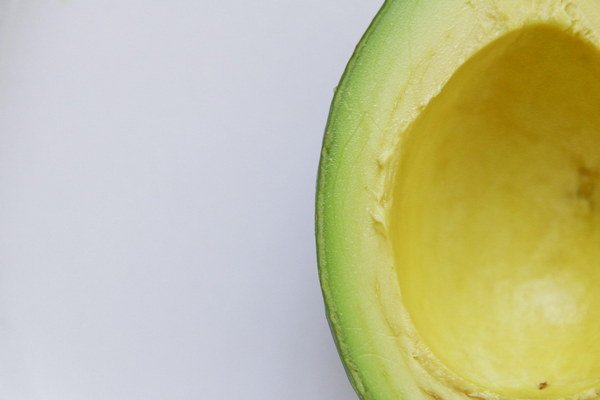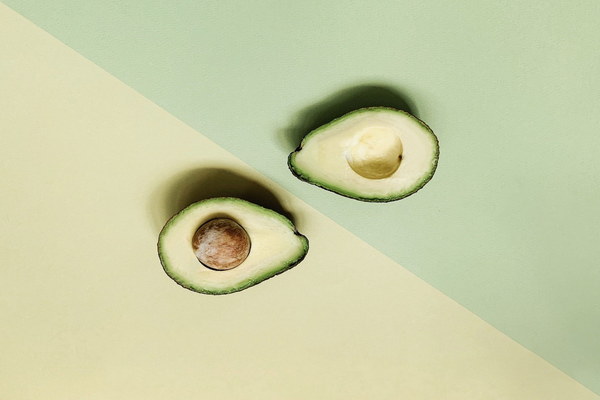Nourishing the Elderlys Stomach The Benefits of Elderly Milk for Digestive Health
In the realm of nutrition for the elderly, maintaining a healthy stomach is of paramount importance. As the body ages, the digestive system tends to slow down, making it more susceptible to discomfort and health issues. Enter elderly milk, a specialized beverage designed to cater to the specific nutritional needs of the aging population. This article explores the concept of elderly milk and its potential benefits for stomach health.
What is Elderly Milk?
Elderly milk, also known as senior milk or fortified milk for the elderly, is a dairy product specifically formulated to meet the nutritional requirements of older adults. It often contains higher levels of essential nutrients, such as calcium, protein, vitamin D, and B vitamins, which are vital for maintaining bone health, muscle strength, and overall well-being.
The Role of Elderly Milk in Stomach Health
One of the key benefits of elderly milk is its potential to support stomach health. Here are some ways in which this specialized beverage can help:
1. Enhanced Digestion: Elderly milk often contains probiotics, which are beneficial bacteria that promote healthy digestion. These probiotics can help maintain a balanced gut microbiome, reducing the risk of digestive disorders such as constipation, bloating, and irritable bowel syndrome (IBS).
2. Improved Nutrient Absorption: As people age, their bodies may become less efficient at absorbing essential nutrients. Elderly milk's higher nutrient content can help ensure that older adults receive the necessary vitamins and minerals to support stomach health.

3. Reduced Risk of Ulcers: A weakened stomach lining can lead to the development of ulcers. Elderly milk, with its high calcium content, can help protect the stomach lining, reducing the risk of ulcers.
4. Increased Immune Function: A robust immune system is crucial for maintaining stomach health. Elderly milk's vitamin D and B vitamin content can help boost immune function, thereby reducing the likelihood of stomach infections.
5. Alleviation of Constipation: Constipation is a common digestive issue among the elderly. Elderly milk's high fiber content can help regulate bowel movements, reducing constipation and promoting a healthy gut.
How to Incorporate Elderly Milk into Your Diet
To enjoy the benefits of elderly milk for stomach health, consider the following tips:
1. Substitute Regular Milk: Replace regular milk with elderly milk in your daily diet, such as in cereals, smoothies, or as a standalone beverage.
2. Add to Recipes: Use elderly milk in cooking and baking recipes to increase the nutrient content of your meals.
3. Snack on Fortified Foods: Look for fortified cereals, bread, and other food items that contain elderly milk to further enhance your nutrient intake.
4. Consult a Healthcare Professional: Before making significant changes to your diet, consult a healthcare professional to ensure that elderly milk is appropriate for your specific health needs.
In conclusion, elderly milk offers a host of benefits for stomach health, making it a valuable addition to the diet of older adults. By providing essential nutrients, promoting healthy digestion, and supporting overall well-being, elderly milk can help older adults maintain a comfortable and healthy stomach throughout their golden years.









